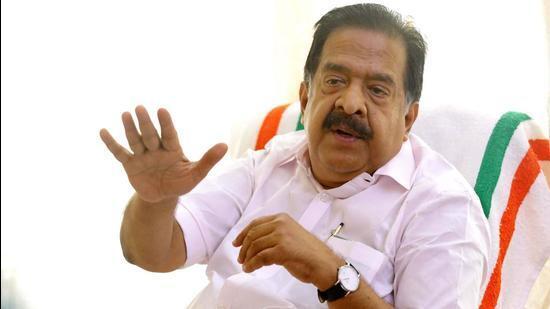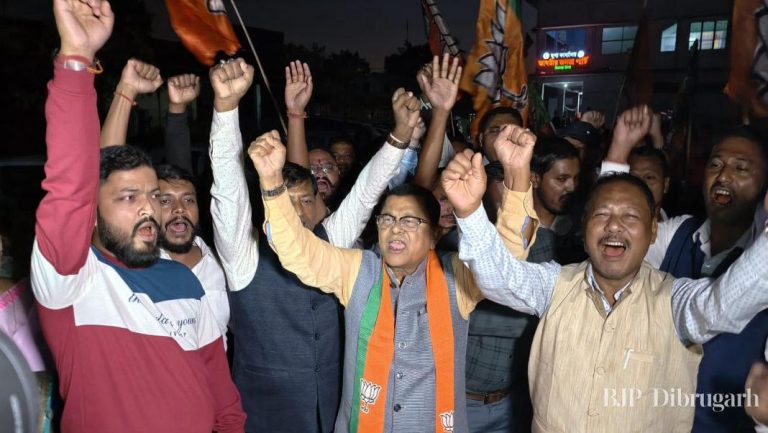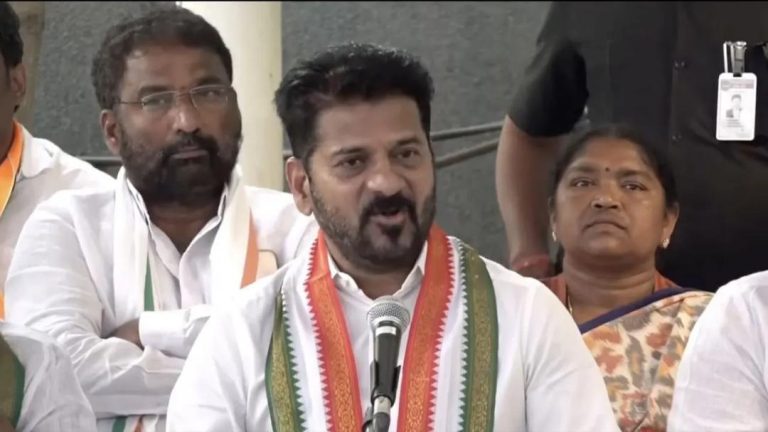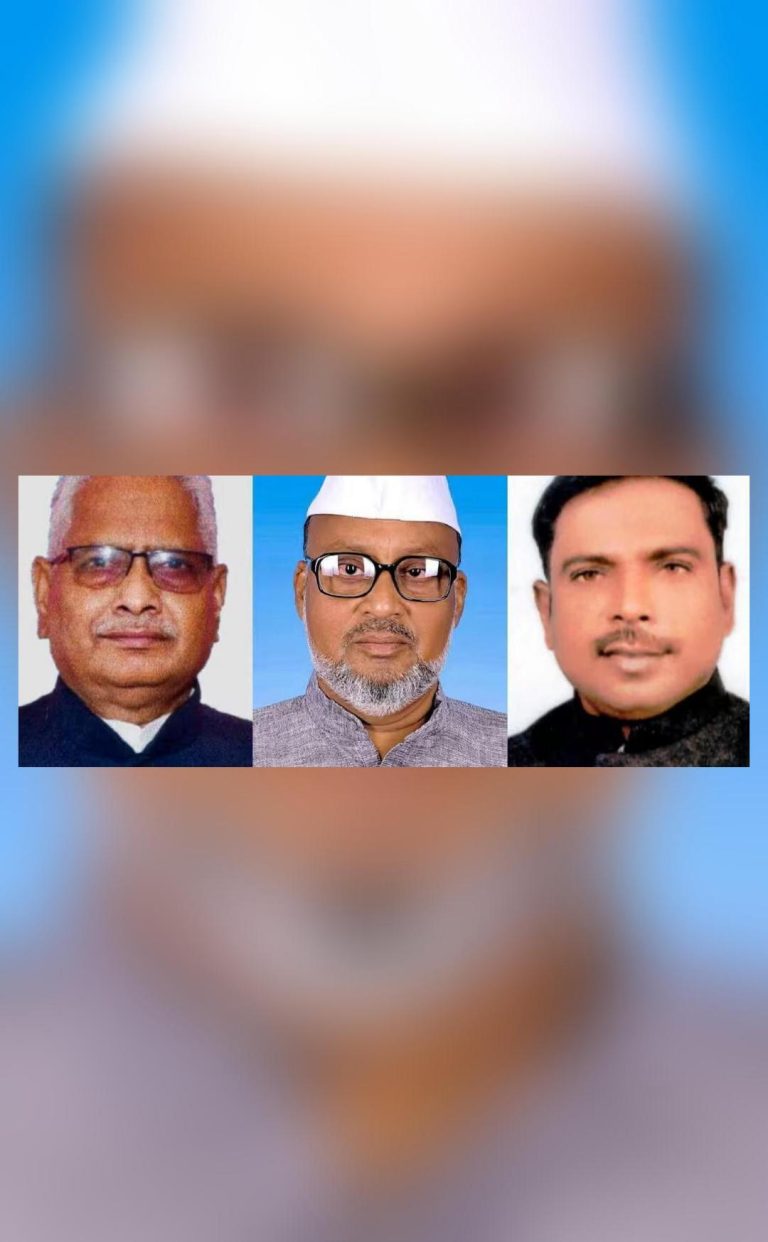
BJP Replying Instead of EC Proves ‘Match Fixing’ Charges: Congress
The political drama in India has taken a new turn with the Congress party making a scathing attack on the Bharatiya Janata Party (BJP) over the Maharashtra assembly polls. Congress leader Ramesh Chennithala has claimed that BJP leaders responding to Rahul Gandhi’s ‘match-fixing’ op-ed instead of the Election Commission confirms the ‘match-fixing’ charge.
In a recent opinion piece published by Rahul Gandhi, the Congress leader alleged that the Maharashtra assembly polls were marred by fraud, manipulation, and a systematic violation of people’s mandate, amounting to a brutal assault on democracy. The article sparked a heated debate, with the BJP quickly responding to the allegations.
However, Ramesh Chennithala has taken a swipe at the BJP, saying that their response to Rahul’s article instead of the Election Commission (EC) confirms the ‘match-fixing’ charge. According to Chennithala, the EC should have taken cognizance of the allegations and conducted a thorough investigation rather than allowing the BJP to respond to the charges.
“Rahul Gandhi, in his detailed article, has exposed how the Maharashtra assembly polls were marred by fraud, manipulation, and a systematic violation of people’s mandate amounting to a brutal assault on democracy,” Chennithala said. “Instead of responding to these charges, the BJP leaders are busy trying to discredit Rahul Gandhi and his article. This is a clear indication that they are trying to cover up their own misdeeds.”
Chennithala’s comments come at a time when the political landscape in India is witnessing a high degree of polarization. The BJP has been accused of using its power to manipulate the electoral process and suppress dissenting voices. The Congress party, on the other hand, has been trying to capitalize on the public’s disillusionment with the BJP’s governance.
The ‘match-fixing’ controversy began when Rahul Gandhi alleged that the BJP had manipulated the electoral process in Maharashtra to secure a majority in the assembly polls. Gandhi claimed that the BJP had used its vast resources and network to influence the voters and rig the polls.
The BJP responded to Gandhi’s allegations, calling them baseless and motivated by a desire to gain political mileage. The party’s leaders claimed that the EC had conducted a free and fair election, and that there was no evidence to support Gandhi’s allegations.
However, Chennithala’s remarks have added a new dimension to the controversy. By accusing the BJP of responding to the allegations instead of the EC, Chennithala is implying that the party is trying to avoid a thorough investigation into the charges.
The EC has been criticized in the past for its handling of electoral disputes. The commission has been accused of being biased towards the ruling party and of failing to take stern action against those found guilty of electoral malpractices.
In this context, Chennithala’s remarks are significant. By questioning the EC’s ability to conduct a free and fair investigation, Chennithala is highlighting the need for greater transparency and accountability in the electoral process.
The ‘match-fixing’ controversy has far-reaching implications for Indian democracy. If the allegations are proven true, it could lead to a loss of faith in the electoral process and undermine the legitimacy of the government.
In conclusion, the BJP’s response to Rahul Gandhi’s ‘match-fixing’ op-ed instead of the EC has confirmed the Congress leader’s charges. The EC must take immediate action to investigate the allegations and restore the public’s faith in the electoral process.






